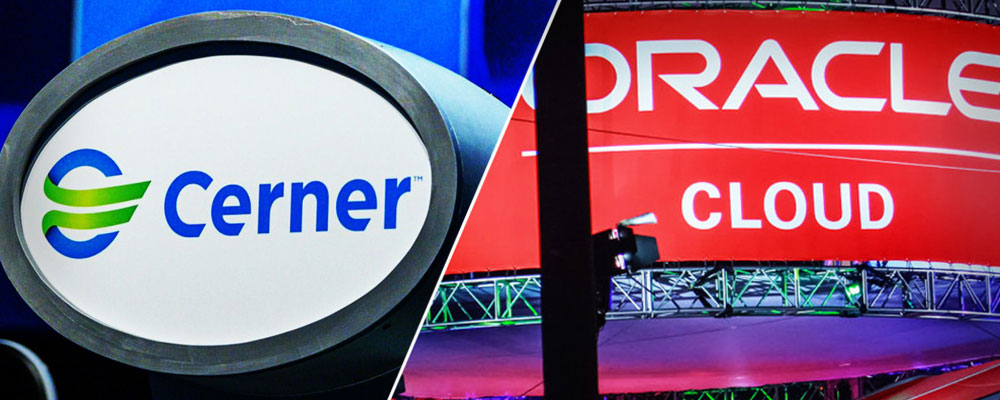
Insight by: Tracy Donegan
There has been a lot of buzz around Oracle’s $23 billion purchase of Cerner since the deal closed in early June, which gave Oracle 25% of the EHR market.
From an investor perspective, the deal gave credence to Oracle’s revenue projections because the acquisition created a captive market for Oracle’s cloud infrastructure. On the other hand, some Cerner clients are uneasy about the deal. Many question the impact on Cerner staffing or whether Cerner will move away from their key vendor partners who have competing solutions with Oracle, like Salesforce as an example.
Despite these opposing views, there is a level of agreement among the stakeholders. Most view the acquisition as a catalyst for further disruption in the healthcare industry but are skeptical of the degree of disruption that Oracle plans to achieve. On an Oracle Live Event webcast, delivered on June 9th, Larry Ellison, Oracle’s Chairman and Chief Technology Officer, announced ambitious plans for industry disruption.
One plan is to improve user engagement with Cerner’s electronic health record (EHR) by employing Oracle’s voice digital assistant to create a hands-free experience. Nuance already has an AI-enabled voice assistant solution that it has been perfecting over the years and is already a leader in speech recognition in healthcare, rated #1 for Best in KLAS in 2022.
Another plan is to eliminate data fragmentation by creating a secure, National EHR Database with the patient as the “gatekeeper”. Several hurdles stand in the way, such as exchange standards and the lack of a national patient identifier.
All doubts aside, what is interesting about this acquisition is that it is a strategic union of two platforms –clinical meets back-office platforms, creating a single unified cloud offering for healthcare. This is what Larry Ellison referred to as an end-to-end, modern “New Health Management Information System”. Forbes points out that other tech giants have tried to transform healthcare, but Oracle’s strategy may be successful because acquiring Cerner enables it to “do it from the inside”.
Could this be the industry’s Brady Bunch of the modern EHR? Perhaps the industry is better off that Oracle and Cerner are together than if “they were all alone”. As with the Brady Bunch, there were bumps in the road in their first season but then came acceptance. The industry benefit to the Oracle and Cerner union may take a couple of seasons and some additional episodes, but industry transformation is a process.




